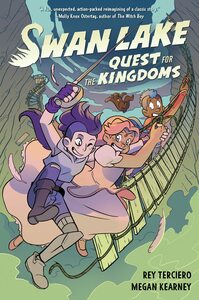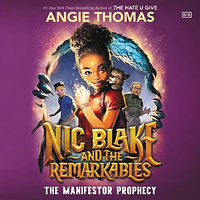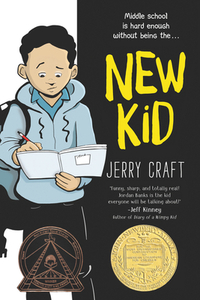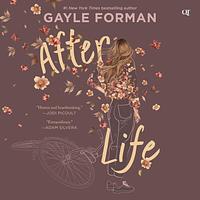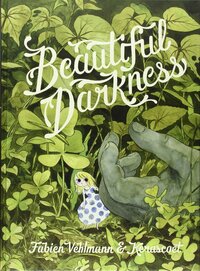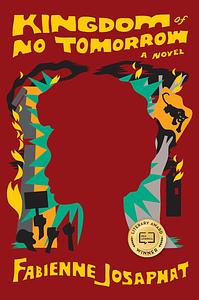You need to sign in or sign up before continuing.
Take a photo of a barcode or cover
raethereviewer's Reviews (869)
This was so much fun! The storyline and illustrations work together perfectly. This was such a fun reimagining of a classic. Definitely one I’ll be recommending to upper elementary and middle school.
This is one of those books I wish existed when I was a kid.
I bought this while I was living in Spain last year to practice reading in Spanish. I finally got around to it today and couldn’t put it down. I loved how much was explored and it was so accessible for me as a Spanish learner.
I’ve been meaning to read this for a while and glad I finally got around to it. It’s absolutely perfect for middle schoolers!
Strong character development:
No
Loveable characters:
Complicated
I loved If I Stay and Where She Went as a teenager but this book missed the mark on so many levels. The religious overtones were so repetitive. The author’s note claims that she was inspired by how different cultures experience grief and that point could’ve been made a lot better if we actually saw the grief of the two Black characters instead of them being plot devices. Half the town seems to go to the same (possibly homophobic) church. The one time we hear about Aboriginal grief practices is a few lines in the last quarter of the novel and it made me realize how much of a better book that would have been. There were several points that did pull at my heartstrings but other portions that made me want to pluck my hair out.
I really enjoyed the paranormal aspect of this novel and the characters were well fleshed out but I’m coming to the realization once again that space operas just don’t do it for me. I’m not a fan of time jumps or sentient AI (with few exceptions). The werewolves, vampires, and other chaotic entities were my favorite parts.
This is one of the strangest books I’ve ever read. The illustrations are gorgeous but the plot leaves us with far more questions than answers. I often found these questions distracting me from the story in a way that felt more irritating than haunting.
Plot or Character Driven:
A mix
Strong character development:
Yes
Loveable characters:
Yes
I’ve been a fan of Tiffany D. Jackson for years and I’m happy to see her expanding into middle grade. This was such a well written story that built up tension the whole way through. I had a lot of fun following the MC as she navigates trying to solve this murder mystery while facing the class disparity of the island. I think this is one that will definitely appeal to middle grade readers.
Plot or Character Driven:
Character
Strong character development:
Yes
Loveable characters:
Yes
Diverse cast of characters:
Yes
Flaws of characters a main focus:
Yes
This was my first time reading any of the books in this series but I found it incredibly easy to follow along. I loved the narrative style and how there was a clear difference between Emmie’s chapters and Joe’s. Emmie’s portions reminded me of Dork Diaries. This story tackles insecurities, loneliness, and friendship struggles in such a great way. Definitely one with that will appeal to upper elementary and middle schoolers.
